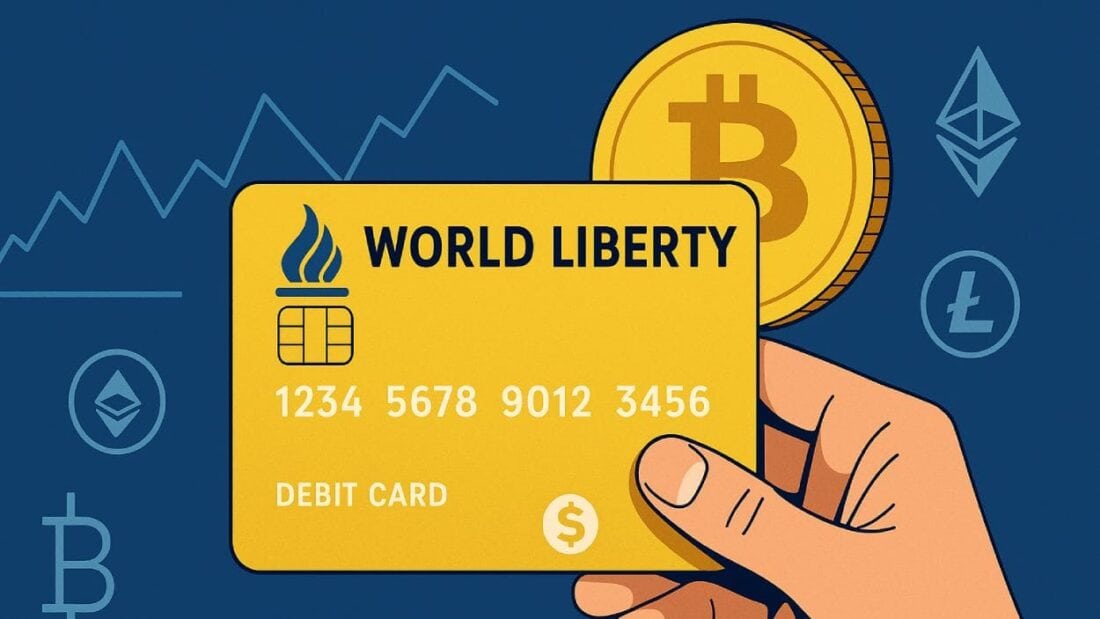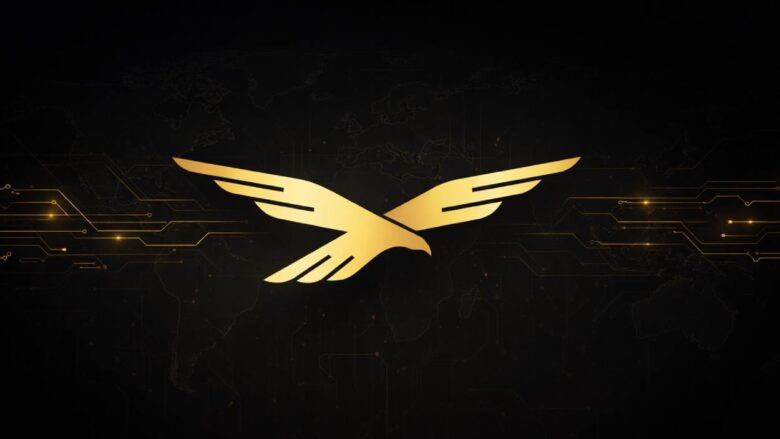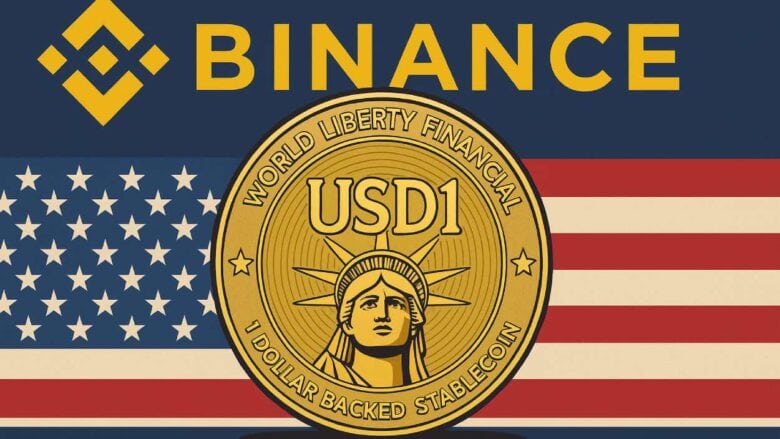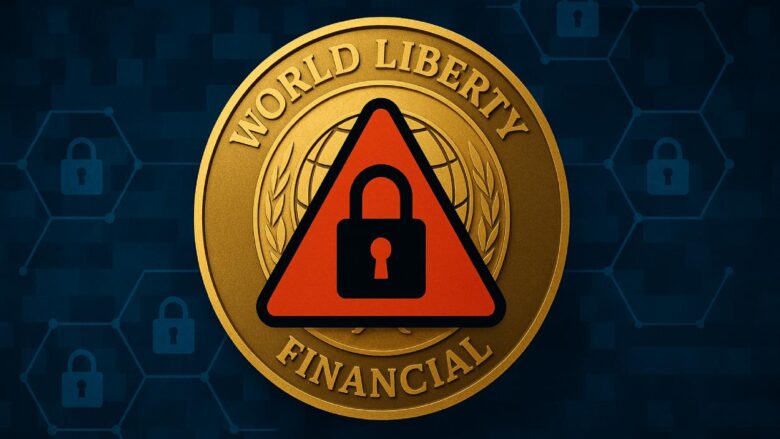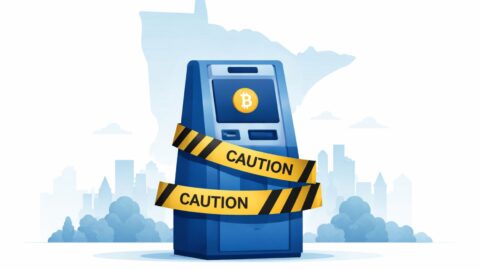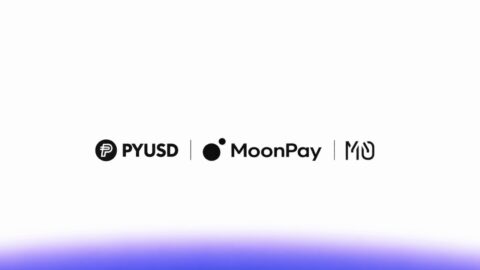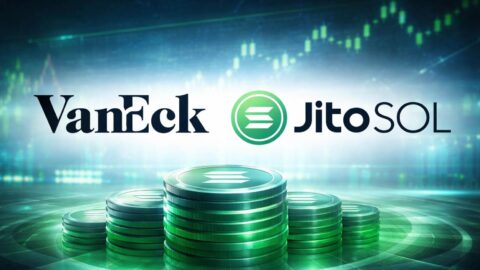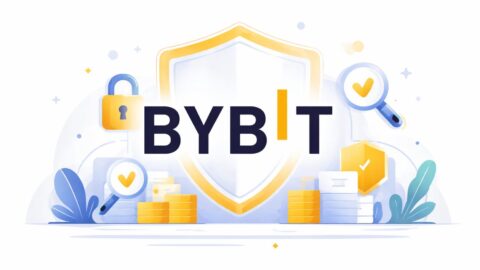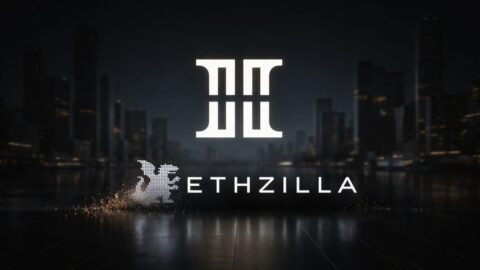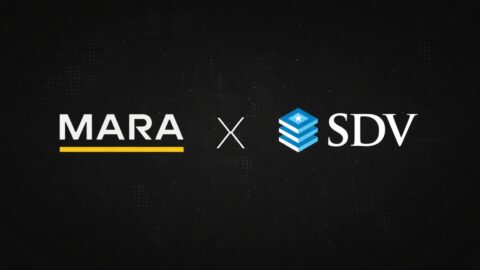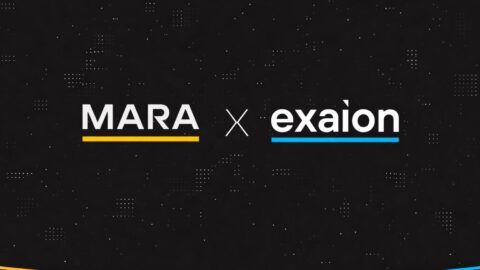World Liberty Financial, a crypto venture backed by the Trump family, is planning to roll out a new debit card that aims to connect digital assets with everyday spending.
Key Takeaways
- World Liberty Financial will launch a crypto debit card pilot program by next quarter, with a full release expected in Q4 2025 or early 2026.
- The company is also exploring tokenization of real-world commodities like oil, gas, timber, and real estate.
- USD1, the firm’s dollar-pegged stablecoin, has grown into the fifth-largest stablecoin globally, with a market cap of $2.7 billion.
- Critics question the project’s political ties, but Donald Trump Jr. insists World Liberty is “100 percent not a political organization.”
What Happened?
Speaking at the TOKEN2049 crypto conference in Singapore, World Liberty Financial CEO Zach Witkoff and co-founder Donald Trump Jr. announced plans to launch a debit card that enables crypto-based spending. The card is expected to go live as early as the end of this year or in the first quarter of 2026. They also revealed ongoing work on tokenizing real-world assets to bring commodities like oil and timber onto blockchain platforms.
BREAKING:
— Coinvo (@ByCoinvo) October 1, 2025
🇺🇸 WLFI WILL LAUNCH A CRYPTO DEBIT CARD BY DECEMBER! pic.twitter.com/kwysm5njiZ
World Liberty’s New Push: Debit Cards and Commodities
World Liberty Financial’s newest venture is designed to make crypto spending more practical. According to Witkoff, the debit card will bridge digital assets with everyday purchases, making it easier for people to use cryptocurrencies in real-world settings.
- A pilot program for the card will roll out next quarter.
- A consumer-facing retail app is also being developed but has no launch date yet.
In addition to payments, the firm is aiming to tokenize physical assets. Witkoff said they are actively working on converting real-world commodities such as oil, gas, timber, and cotton into digital tokens that can be traded on blockchain networks.
USD1 Stablecoin Gains Traction
The company has also gained attention for its stablecoin USD1, pegged to the U.S. dollar and backed by short-term U.S. government treasuries.
- USD1 has become the fifth-largest stablecoin in the world, boasting a market cap of around $2.7 billion.
- It recently launched on the Aptos blockchain, expanding its network reach.
- However, some data from June raised concerns about real demand, showing over half of USD1’s liquidity came from just three wallets.
Despite these concerns, Witkoff remains optimistic, stating that promoting USD1 helps support U.S. dollar hegemony globally. “We’re flying to every single corner of this globe, convincing people to onboard to USD1,” he said.
$WLFI Token and Strategic Partnerships
The company’s governance token, $WLFI, launched in September and offers holders a say in certain business decisions. Although it has experienced price volatility, the company continues to back it as a long-term asset.
- ALT5 Sigma, a technology firm, has agreed to purchase $750 million worth of WLFI tokens as part of a treasury strategy.
- In exchange, World Liberty will receive shares in ALT5, according to filings.
Political Ties and Industry Skepticism
Despite repeated assertions that the company is not politically affiliated, World Liberty’s Trump ties have stirred debate.
- Critics argue the Trump family is profiting from crypto amid regulatory leniency under President Trump’s administration.
- Donald Trump Jr. responded by saying, “It’s 100 percent true World Liberty is not a political organization.”
- Reuters estimated the Trump family has made around $500 million from the project through various deals and token holdings.
The team also addressed past skepticism. Witkoff recalled being mocked at last year’s TOKEN2049 event, saying, “They called us a joke, they called us a memecoin.” Now, he says, the team has earned respect, including from blockchain firm Aptos.
CoinLaw’s Takeaway
In my experience covering crypto and fintech, this project checks all the boxes for ambitious but controversial. The idea of linking crypto to real-world spending and assets is not new, but World Liberty has the branding, capital, and connections to actually pull it off. I found their push into commodities and treasury-backed stablecoins particularly bold, especially given how saturated the stablecoin market is. That said, the heavy political associations might make institutional adoption harder than they think. Still, it’s a story worth watching closely as it evolves.

